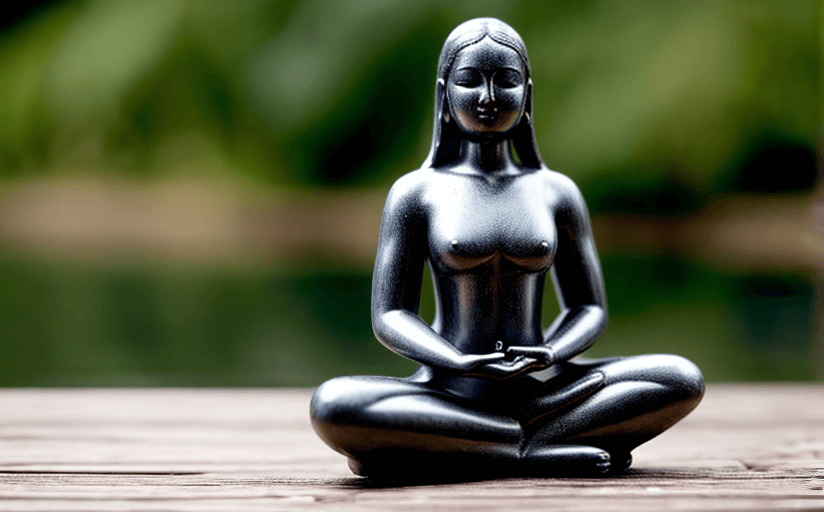The Benefits of Incorporating Mindfulness and Meditation To Help Manage Stress
Mindfulness and meditation are powerful tools for managing stress. Practicing mindfulness and meditation can help reduce stress, improve concentration, and increase overall wellbeing. This article will explore the physiological and psychological aspects of mindfulness and meditation, and how they can be used to reduce stress, increase self-awareness, and create a sense of emotional balance.
Physiological Benefits of Mindfulness and Meditation
Mindfulness and meditation have been shown to have a positive effect on our physical health. Studies have found that practicing mindfulness and meditation can help lower blood pressure, reduce heart rate, and increase the body’s ability to cope with stress. Additionally, mindfulness and meditation can lead to improved immune system functioning, increased energy levels, and improved mood.
Psychological Benefits of Mindfulness and Meditation
Mindfulness and meditation have also been shown to have a positive effect on our mental health. Practicing these techniques can help improve focus and concentration, reduce anxiety and depression, and encourage self-awareness and understanding. Additionally, mindfulness and meditation can help increase self-regulation and emotional balance, as well as promote overall wellbeing.
Techniques for Using Mindfulness and Meditation for Stress Relief
There are a variety of techniques for using mindfulness and meditation for stress relief. Some of the most popular techniques include mindful breathing, guided imagery, and progressive muscle relaxation. Mindful breathing involves focusing on your breath and becoming aware of each inhalation and exhalation. Guided imagery involves visualizing a calming image or scene, such as a beach or a mountain. Finally, progressive muscle relaxation involves tensing and relaxing different muscle groups, starting with your feet and working your way up to your head.
Tips for Beginner Meditators
If you’re new to mindfulness and meditation, here are a few tips to help you get started:
- Start small. Aim for 5 minutes of meditation a day and gradually increase the time as you become more comfortable.
- Find a comfortable position. Sitting cross-legged on a cushion or in a chair is a popular choice, but you can also stand, lie down, or even walk.
- Focus on your breath. When your mind starts to wander, bring your focus back to your breath.
- Don’t be too hard on yourself. It’s normal for your mind to wander, so don’t be discouraged if this happens.
- Be patient. Mindfulness and meditation take time and practice to master.
Mindfulness and meditation can be powerful tools for managing stress and improving overall wellbeing. However, it’s important to remember that everyone’s experience with mindfulness and meditation is unique, so it’s important to find a practice that works for you and be patient with yourself as you learn and grow.


















Comments
Leave a Comment